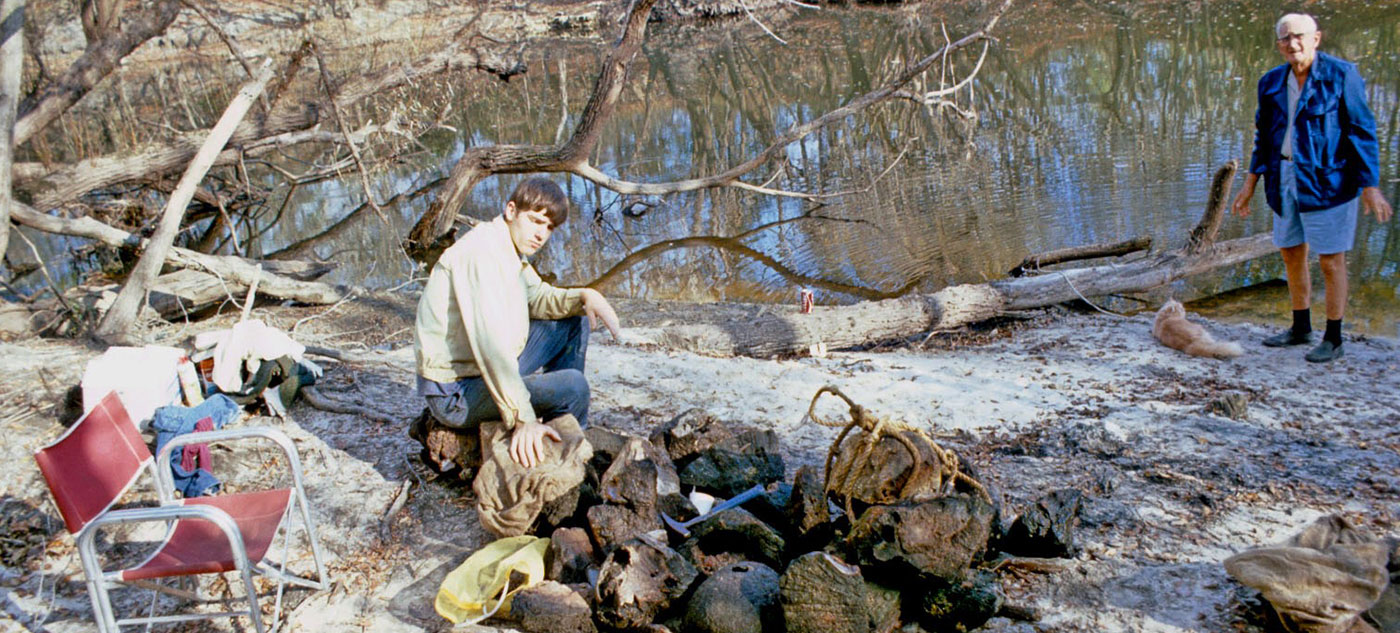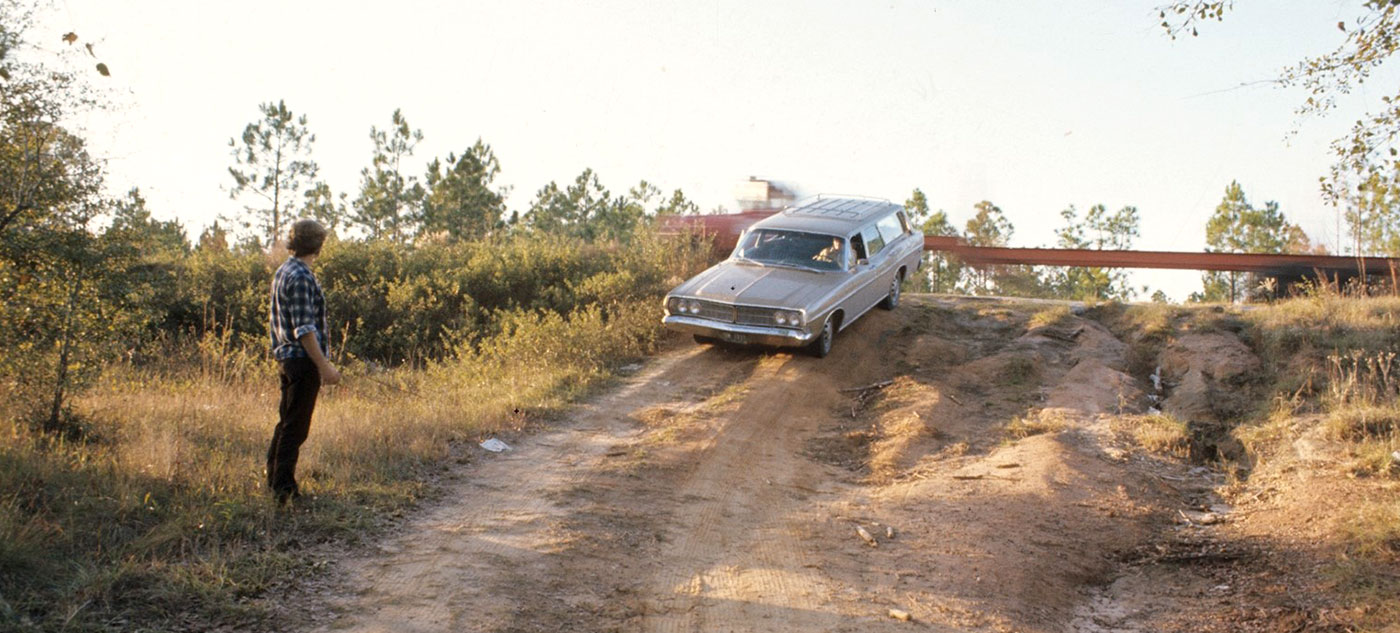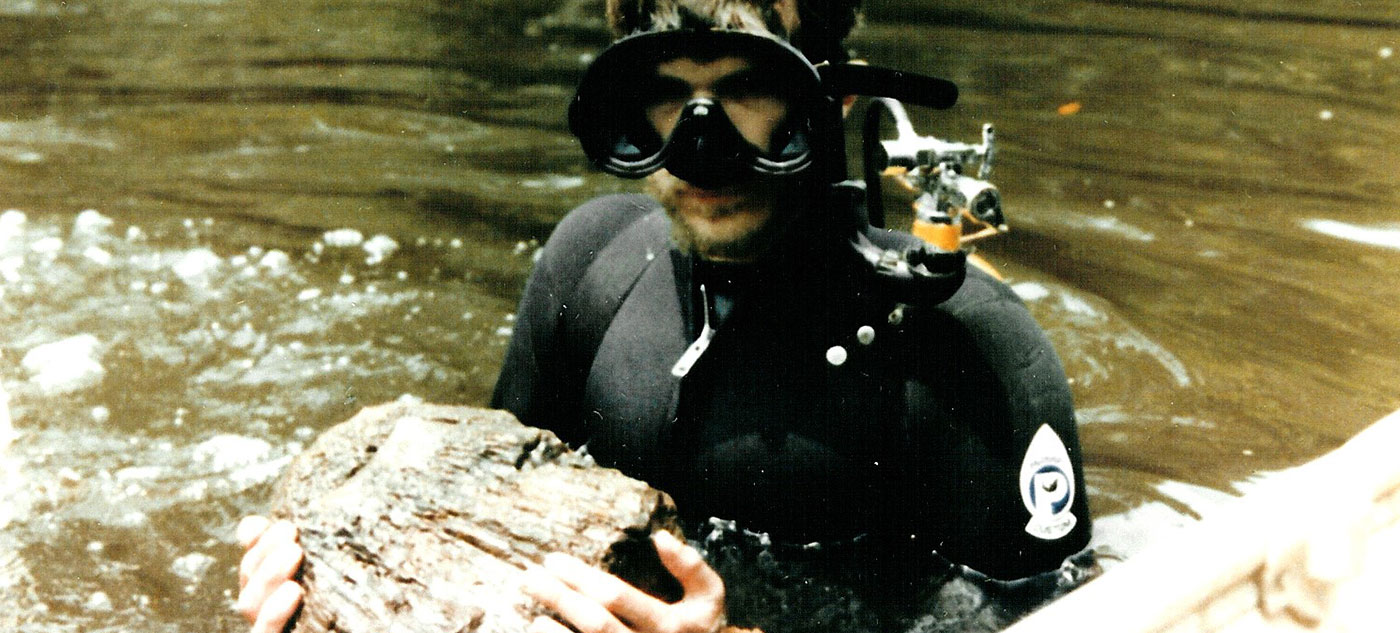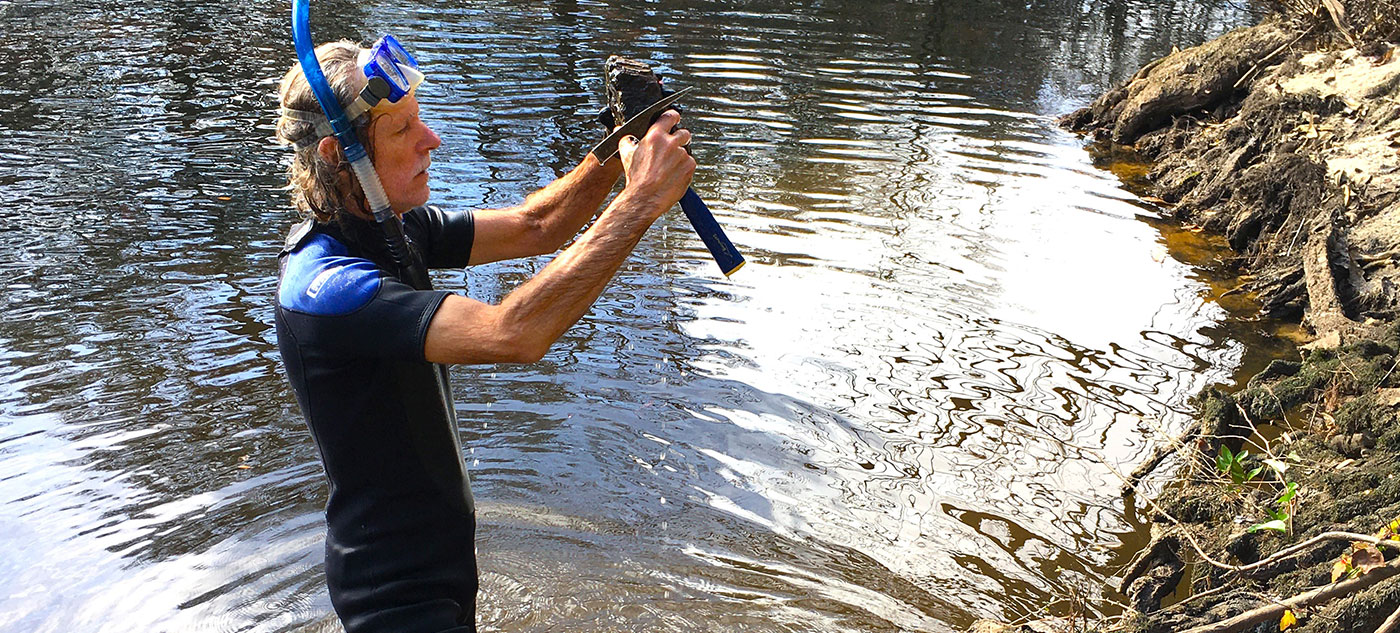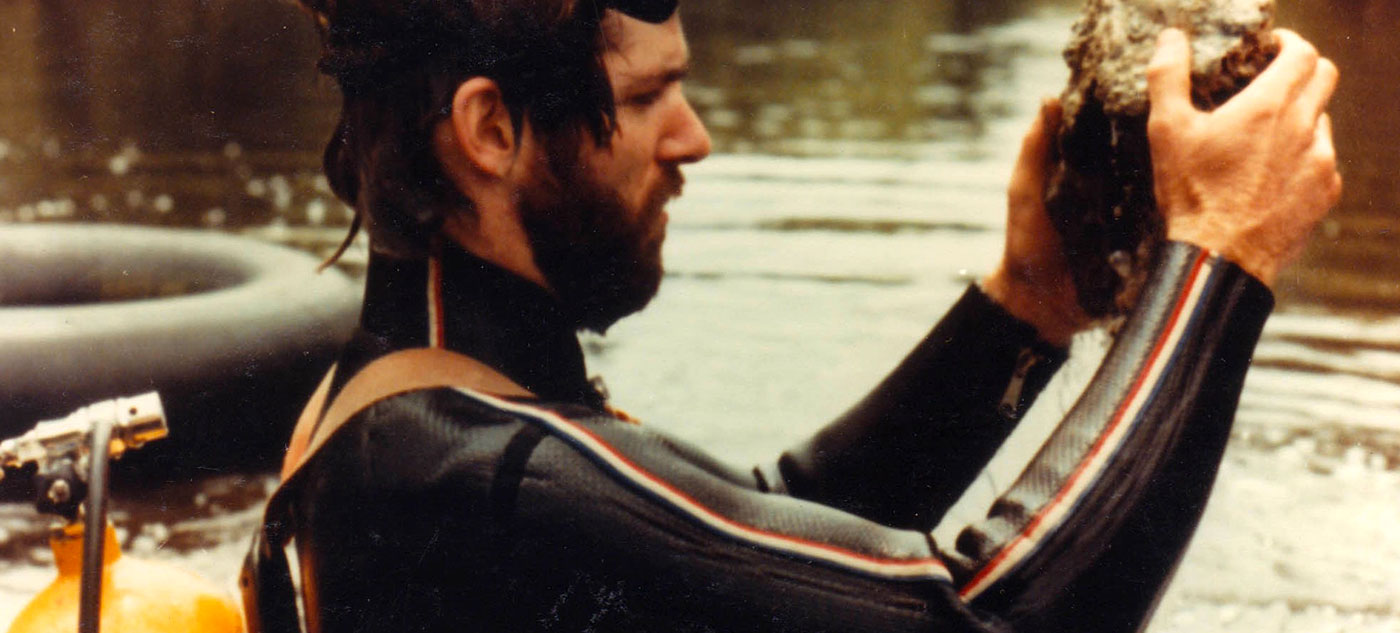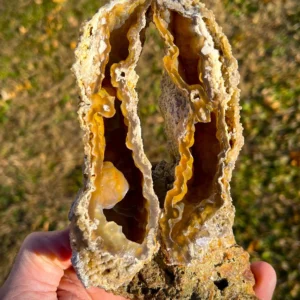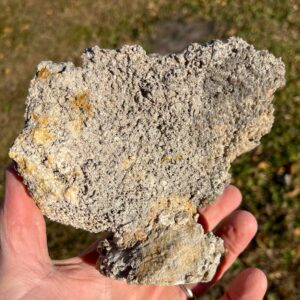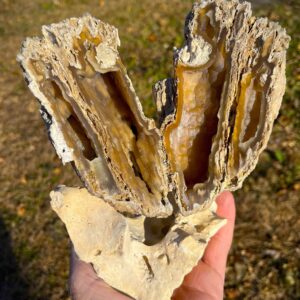Agatized Coral
Swipe the photo above to view more images of the site
Agatized Coral
Back in the 1970s, our family had a rock shop in Kensington, Maryland. It was called Nature’s Exotics. Whenever we went on a road trip, we always looked for places to collect rocks to stock the shop. Each winter we traveled to Florida over Christmas vacation. One year we discovered the strange and beautiful agatized fossil coral of Georgia and Florida. (For a full description and to get a feel for this site, see my short story “Agatized Coral” in the Jon’s Log section of the website). Since we have always been proficient at SCUBA diving, we brought these skills with us and have, by diving, found some of the most incredible specimens ever unearthed. We’ve continued diving those rivers for agatized coral ever since. We’ve mapped two dozen sites over the years and there are new discoveries every year. As a matter of course, all scientifically important specimens are donated to museums and universities, primarily the Florida Museum of Natural History in Gainesville. The photos you see here span over 50 years, starting in 1973.
How They Formed
These corals were living about 34 million years ago in a warm shallow sea in the area that is now southern Georgia and northern Florida. The fossils formed when coral heads, branches, and pieces broke away from the reef and were buried in sediment “traps” and “holes” that are often found in and around reefs. Over time, as the sediments piled up and pressure increased, the coral skeletons deteriorated. In some cases the coral completely dissolved away, in other cases they only partially dissolved. Later, quartz percolated through the layers, entering the cavities in the old coral pieces and filling them with agate. In many cases the filling is carnelian agate. In recent geologic time the entire area uplifted and erosion has exposed the old reefs – which have turned to karst limestone. But the old sediment traps and holes in the reefs still preserve the coral pieces that have turned to agate. Now, as rivers and creeks cut through the limestone that was once reef, the agate pieces are released. Because they are quartz, they can withstand years of tumbling along the river bottom before breaking up. That’s where we find them – at the bottom of the river. Many pieces are a result of agate lining the hollow space inside what was once a piece of coral – sort of a “casting” of agate after the coral deteriorated and left a hole in the sediment. However, some rarer pieces are created by agate replacement of the original corallites and still retain characteristics of the original microscopic structures.
Learn More
To get a feel for our digging at this site, see the story “Agatized Coral” in Jon’s Log section of this website and also check out our expedition video: “Agatized Coral”
-
Agatized Coral (AC12)
Note: This is a very nice cut and polished pair, mounted on another agatized coral piece that has a flat bottom. Beautiful carnelian agate. An attractive and informative display card accompanies the specimen.
SIZE: 3″x 6″
$185.00Agatized Coral (AC12)
$185.00 -
Agatized Coral (AC11)
Note: Beautiful carnelian agate. Segment of a large hollow piece with small flat bottom so it sits as shown.
SIZE: 6″x 7″
$85.00Agatized Coral (AC11)
$85.00 -
Agatized Coral (AC10)
Note: This is a very nice cut and polished pair, mounted on another agatized coral piece that has a flat bottom. Beautiful carnelian agate. An attractive and informative display card accompanies the specimen.
NOTE: Unusual piece with preserved coral structures. Cut and polished face. An attractive and informative display card accompanies the specimen.
SIZE: 5″x 7″
$210.00Agatized Coral (AC10)
$210.00

